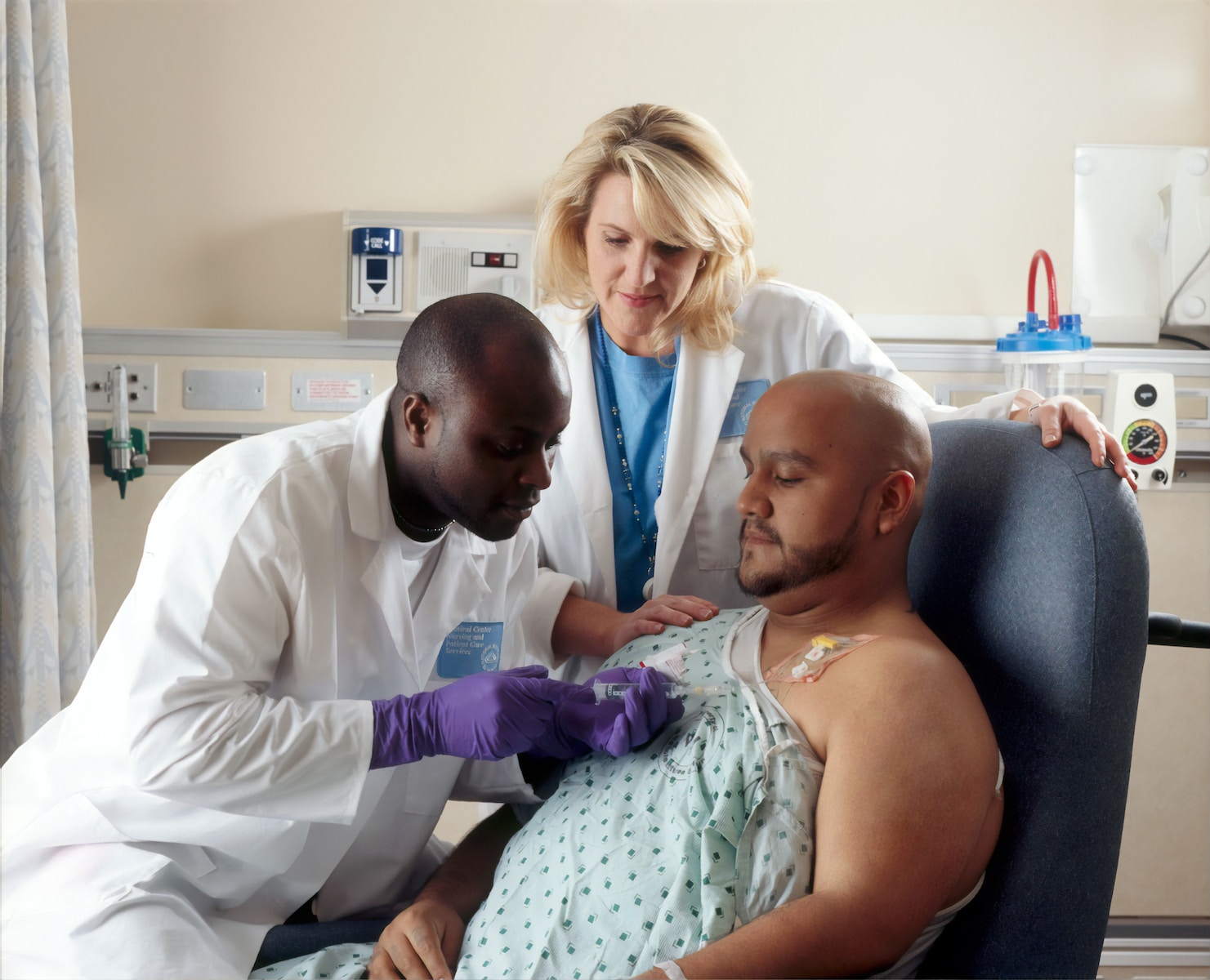What? I get to play all day? Sign me up! Okay, it is not that simple, but yes, Play Therapy is a real protocol for a Recreational Therapist. Some jobs require them to actually just play with clients, using play to assess children’s development, work through fears or anxieties, or communicate feelings too complex for children to articulate. Recreational Therapy may also be known known as Therapeutic Recreation or just straight Recreation Therapy.
It’s an occupation that, according to the American Therapeutic Recreation Association (ATRA), provides treatment services to restore, remediate and rehabilitate. It’s primary purpose is to improve an individuals independence and eliminate or alleviate one;s illness or disability. The Recreational Therapist brings their resources to the client and helps develop a treatment plan using the tools they acquire in the RT training. Training can be found at the Associate, Bachelor, and Graduate school level depending on your career goals.
Education
A Bachelor’s degree is most often required for entry level jobs; however some Associate programs offer such an intense program that you may be able to acquire entry level jobs with the promise of continuing your education within a set amount of time. Nursing homes may be one option for those with an associate’s degree, as the title Activity Director usually only requires a minimum of 1 year of schooling. General coursework for RT’s at the undergraduate level includes:
- treatment and program planning
- human anatomy & physiology
- professional ethics
- psychology
Certification Most employers will expect an RT to be certified. Certification in RT is done through The National Council for Therapeutic Recreation Certification (NCTRC). They will require applicants to show proof of a completed bachelor’s degree, pass a written exam and complete an internship under the supervision of a CTRS (Certified Therapeutic Recreation Specialist) and in return they will receive that certification themselves.
Work Environment
RT’s may work in a variety of settings. Some work in hospitals, nursing care facilities, government jobs. or residential rehabilitation center. They work in an office to do planning, patient assessment, or administrative duties; however, most of time an RT is an applied therapy, meaning they are hands-on working with clients. They must have excellent social and communication skills. They must also have enough physical strength to move heavy objects, such as wheelchairs, to assist their physically disabled patients. What do they do all day? Examples of Intervention Modalities (This is the fun stuff you as a Recreational Therapist get to do!)
- crafts
- music
- drama
- sports
- game-playing
- dance/moving
- outdoor activities
Outlook
Recreation Therapy looks very steady as a Full-Time position and estimated, according to the U.S. Bureau of Labor Statistics, to grow by 13% between the years 2012 to 2022. Baby-boomer aging has a lot to do with this; as that large generation ages they will need Recreational Therapists to help recover from mobility-related injuries or strokes. Therapists may also be needed to lead up community activities and programs that are designed to promote overall wellness for groups and individuals, especially for the seniors in our society.


